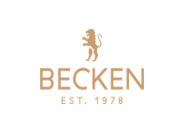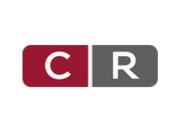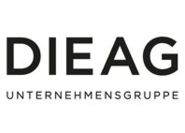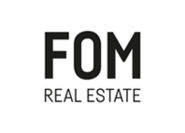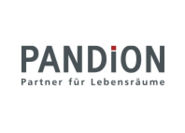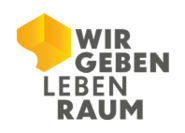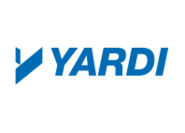German B-cities as next target
Student housing still on the top of agenda
Interview with Sascha Wilhelm, CEO, CORESTATE Capital Group. Sascha talks about what the next 12 months have in store for investors and lenders in the German Real Estate market. Sacha is attending Deutsche GRI and co-chairing the discussion on Student and Micro Apartments.
German Real Estate still seems a treat for foreign buyers, especially in the big 7, whereas German investors venture out. Where do you see the potential in the next 12 months?
Between core assets in the ‘Big 7 cities‘ on the one hand and comparable assets in medium-sized cities on the other, a significant difference in yields to be achieved still persists. Business premises and small shopping centres in prime downtown locations, such as the high streets of German medium-sized cities, offer risk-adjusted prime yields that are fortified by location, asset quality and tenants. Therefore we continue to build a performance-oriented and high-yielding portfolio of high-quality retail properties. The properties are located in pedestrian zones of mid-sized cities and have high asset qualities and strong tenants.
If fundamental data such as rental prices, vacancy rates, demographic growth and purchasing power are positive, many B-Cities can be suitable investment locations for core /core+ profiles.
We have become used to a low interest rate environment, benefitting investors. Are lenders prudent enough to prevent a bubble? Is the lending landscape in a healthy state?
Due to the fiscal situation of the European Union and some other national central banks it is true that real estate investors benefit from low interest rates for quite some time now which supports real estate investments in Germany (due to a lack of alternative investment opportunities). Irrespective of the high degree of liquidity mainly driven by a expansionary fiscal stance of the ECB and other national central banks I am still of the opinion that banks stick to reasonable lending parameters and risk strategies, i.e. will not unreasonably increase level of leverage or accept higher risks which lead me to the view that this is a big difference to the pre-crisis situation as banks were willing to take such unreasonable high risks for low margins.
Therefore I am of the view that the currently still prevailing reasonable lending parameters in the German commercial real estate banking sector prevent to some degree tendencies of a bubble. From a risk perspective I would say that German banks are in reasonably good state on the other hand the existing competition puts pressure on margins and thus profitability of the banks which might in combination with significant loan amount being early repaid in this capital environment create a problem for some banks when it comes to profitability in the near future.
There is the lack of core products compared to non-core. Is more “new” development needed and where? How much risk do Investors accept?
New development of residential properties is definitely needed in Germany. Especially due to increasing numbers of students (national as well as international) and the high level of immigration the housing situation in Germany is apprehensive. Studies show that there is a lack of small apartments. Since 2009, CORESTATE developed 16 student living projects with almost 3,000 units in Germany and Austria. We continue to develop student living accommodations as well as serviced apartments.
Where do you see opportunities and what are you specifically looking for?
Due to the high demand for student apartments in German university towns, we are trying to supply these by developing projects. With growing numbers of overseas students descending on leading universities across Europe, the market dynamics are only getting better. Student housing is a product that is needed in Germany and Austria. Especially in Germany, the demand for living space suited for students far outstrips the supply. Many university towns in Germany even claim housing shortage.
As said before, we are also focusing on Germanys mid-sized cities. CORESTATE carefully selects high-quality retail properties located in prime locations of German medium-sized cities. Well-positioned and let to top-quality anchor tenants with long-term leases, these objects are often flagships that form the urban retail structure’s vital anchor points. Hence, high potential and the opportunity for overall exceptional returns arise. We handpick these properties and acquire them from various sellers according to strict investment criteria.
Deutsche GRI 2016
Die Nutzungsrechte wurden The Property Post zur Verfügung gestellt von Global Real Estate Institute
Erstveröffentlichung: Deutsche GRI, Februar 2016








